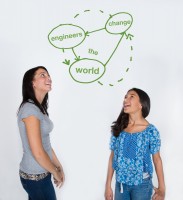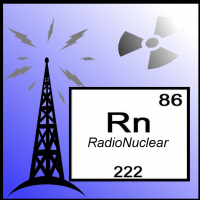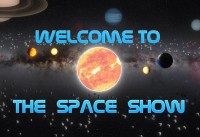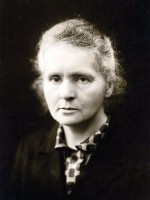Experimental Breeder Reactor I: A retrospective
In the not-so-distant 20th century past, our planet was in an uncertain new-world order. The second of two major wars had dramatically reshaped the landscape of the world's nations. It was not by any means assured that the extraordinary nuclear process of fission, which itself had been discovered mere years before the second war's end, would be successfully utilized for anything but the tremendous and frightening powers realized in thermonuclear warheads. In the years following, a humble project materializing out of the National Reactor Testing Station in Idaho was to challenge that assertion and demonstrate that nuclear fission could indeed be a commercial, peaceful source of electrical power for civilizations around the globe.

-3 2x1.jpg)
 Founded by the National Society of
Founded by the National Society of  Welcome to the New Year! Even though I am on the road, there is just so much happening lately in nuclear I could not pass up the opportunity to talk about it!
Welcome to the New Year! Even though I am on the road, there is just so much happening lately in nuclear I could not pass up the opportunity to talk about it!  ANS member Dr. Christopher Morrison was a recent guest on
ANS member Dr. Christopher Morrison was a recent guest on  The start of Marie Curie's story isn't like most of the other scientists that had made a name for themselves throughout history, mostly because she was a grown woman by the start of the 20th century. But she was the first woman to do a lot of things, including getting a Ph.D. from a university in France, and winning a Nobel Prize. She was also the first person ever to win a Nobel Prize in two different fields of science. To say she pushed the societal and scientific boundaries of her era is an understatement.
The start of Marie Curie's story isn't like most of the other scientists that had made a name for themselves throughout history, mostly because she was a grown woman by the start of the 20th century. But she was the first woman to do a lot of things, including getting a Ph.D. from a university in France, and winning a Nobel Prize. She was also the first person ever to win a Nobel Prize in two different fields of science. To say she pushed the societal and scientific boundaries of her era is an understatement.